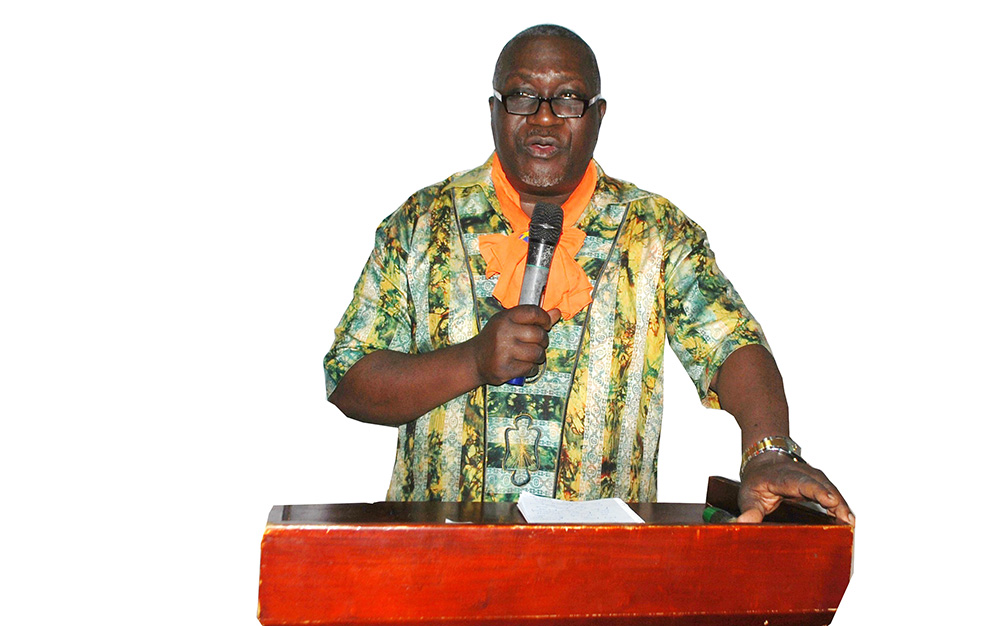Child marriages driving West Nile's high teenage pregnancy rates
The 13-district West Nile region, comprising Adjumani, Arua, Arua City, Koboko, Terego, Maracha, Moyo, Pakwach, Nebbi, Yumbe, Zombo, Obongi, and Madi-Okollo, faces a perfect storm of factors that perpetuate this cycle of early marriage and pregnancy.
A teenage mother carrying her child. Child marriage has emerged as the primary driver of the high rate of teenage pregnancy. (Photo by Jovita Mirembe)
__________________
With teenage pregnancy rates in West Nile standing at a staggering 37 per cent, greatly higher than the national average of 24 per cent, child marriage has emerged as the primary driver of this crisis, New Vision Online has learnt.
The 13-district West Nile region, comprising Adjumani, Arua, Arua City, Koboko, Terego, Maracha, Moyo, Pakwach, Nebbi, Yumbe, Zombo, Obongi, and Madi-Okollo, faces a perfect storm of factors that perpetuate this cycle of early marriage and pregnancy.
Mondo Kyateka, the assistant commissioner for Youth and Children's Affairs in the gender ministry, has identified poverty, deeply entrenched cultural beliefs, sexual violence and severely limited access to sexual and reproductive health services as the main contributors to this alarming trend.
Mondo Kyateka Assistant Commissioner Youth and Children's Affairs, Ministry of Gender, Labour and Social Development. (Photo By Jovita Mirembe)
"Despite existing legislation that protects children's rights, child marriage in West Nile remains the key driver of teenage pregnancies," Kyateka said.
He made the remarks during an engagement with cultural leaders and child rights activists on July 28, 2025, in Vurra village, Arua district.
"This practice poses devastating health challenges to young girls while simultaneously undermining the country's development indicators."
The Government has responded with a comprehensive approach, currently implementing the second National Strategy to End Child Marriage and Teenage Pregnancy, which runs from 2022/2023 through 2026/2027. This framework, developed collaboratively by the ministry and Unicef, builds upon the first strategy launched in June 2015, representing a sustained commitment to addressing what Kyateka called "a national emergency with regional intensification in West Nile."
Call for support
Cultural leaders on the frontlines are pleading for support to combat the crisis.
Lugbara chief Christopher Jadri said there are challenges of awareness campaigns in the region: "We're asking non-governmental organisations (NGOs) and the Government to support us financially in sensitisation efforts because we have to move long distances, yet the only transport we can afford is bicycles, which require tremendous energy to ride."

Sandra Tukwasibwe, the programmes manager at Joy for Children (JFCU).
Jadri emphasised the untapped potential of cultural authority in changing community attitudes: "Cultural leaders have immense influence in any communication disseminated to the people. We need NGOs and the Government to work jointly with us by moving together to churches, trading centres, and gathering places to stop child marriages and teenage pregnancies."
Sandra Tukwasibwe, the programmes manager at Joy for Children (JFCU), highlighted legislative efforts to strengthen protections. Her organisation is collaborating with Parliament to advance the Marriage Bill currently under discussion, which aims to consolidate marriage laws and specifically criminalise child marriage.
"The Bill sets the marriage age at 18 years for girls and criminalises anyone participating in marriage with a girl below this age," Tukwasibwe said.
Beyond legal frameworks, Tukwasibwe stressed the developmental imperative of keeping girls in school: "We want girls to finish school so they can achieve their dreams of attaining good professions. In the end, this will help the government develop various fields with their expertise." She noted that even at 18, many girls lack the mental maturity for marriage decisions—a reality exacerbated by early school dropout.